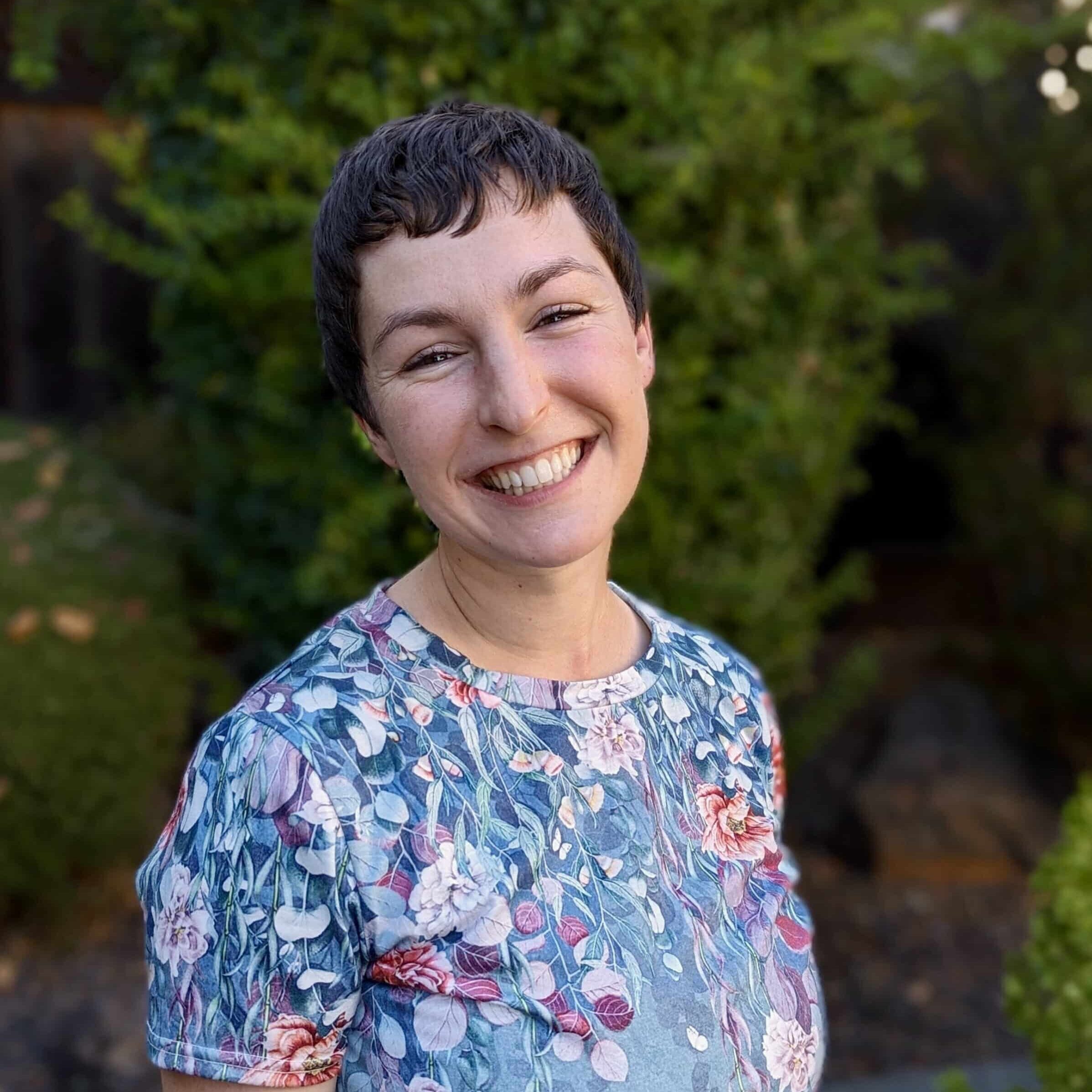Many treatment centers are now including Experiential Therapy in their addiction recovery programs, and there are many benefits to this particular kind of therapy. What exactly is experiential therapy, and how can it help us? Experiential therapy, which is sometimes referred to as Recreational Therapy, refers to various kinds of therapy and therapeutic techniques where patients are engaged in activities that teach through activity rather than talk, although talk therapy is used to help process what is learned in the experience. Many of our therapies are conducted in group settings, so our patients benefit from the group team-building, trust development and other group exercises, in addition to the individual work.
inpatient drug and alcohol treatment
Contact Us
The Benefits of Experiential Therapy
Experiential therapy helps us to actively examine the underlying issues fueling our addictions and mental health issues. Before recovery, we are very often lacking understanding and mindfulness around issues. We know we are struggling, but we don’t know why, nor do we know how to change it. We are caught up in recurring cycles that we feel powerless to stop. We feel out of control and weak, confused, hopeless and overwhelmed. With experiential therapy, we increase our self-awareness and understanding through therapeutic activities. We work to identify and examine our unhealed traumas, our toxic behavioral and relationship patterns, our unresolved conflicts, and our repressed emotions. We learn more about all the ways in which we’ve been negatively impacting our health and well-being. We examine all of our recurring life issues, cycles and patterns and develop more mindfulness around them. With experiential therapy, we use actual real-life experiences to process our emotions, and we learn to work with them in more productive ways and to develop healthier coping skills. We learn to apply mindfulness to our behaviors and our decision-making, and we learn better communication skills and conflict resolution. We learn how to manage our difficult thoughts, emotions and experiences with more clarity, insight, calm and peace. Some of the types of experiential therapy activities offered at Corner Canyon are:- Immersion or Exposure therapy
- Art therapy
- Music therapy
- Equine therapy
- Yoga
- Service and volunteer based therapy
- Fitness therapy activities such as rock climbing, hiking, ropes courses, softball, swimming
- Massage therapy
Art Therapy and Healing
Art therapy can be one of the more effective types of experiential therapy and provides an alternative to traditional talk-therapy and uses creative expression to help patients heal from deeply rooted mental and emotional pain. Talk-therapy, or psychotherapy, can be difficult for some patients, especially those who have a hard time expressing themselves verbally. Many of us who have suffered traumatic experiences have difficulty talking about our trauma. We shut down when we’re asked to speak about our emotions. We have a hard time processing and communicating what we’re thinking and feeling. We’ve suppressed our emotions for so long that we’ve become blocked, we’ve built walls around ourselves to try to protect ourselves from pain, and as a result we don’t know how to express how we feel. For those of us who find speaking about our issues particularly difficult, types of experiential therapy, such as art therapy can be a wonderful alternative. Art therapy helps us unearth our suppressed emotions and allow them to come to the surface, with our creative expression as the outlet. When we don’t feel comfortable expressing our feelings, we often bury them deep within us. We use our addictive substances, behaviors and relationships to avoid having to feel them. We run from them and try to escape them. Our artistic abilities can be among the healthy coping skills we develop to cope with our emotions, to replace the drugs we turned to in order to feel better about ourselves and our lives. When we are immersed in our art, we often feel our happiness returning. We feel comfortable, safe, and fulfilled. We feel aligned with our purpose and alive with creative excitement. Our art gives us something to look forward to and we feel a renewed sense of faith in ourselves. We can feel more at peace and more connected to our inner spirit. Our art allows us to create something beautiful from our pain. It lets us see that our experiences have not been in vain, they haven’t been a waste of our time and energy. On the contrary, our experiences, including the challenging ones, allow us to create something meaningful and therapeutic through our art, something we can use to help us feel our emotions deeply so that we can process and heal them. Our experiences allow us to grow, learn and change, and our art helps us to see that. Art can be a profound part of our personal evolution. It is a way of communicating our innermost thoughts and emotions and of expressing ourselves. Art can be a productive and effective means of working with one’s inner self. With art, we’re creating something that we can use moving forward in our recovery, as we’re processing our emotions and learning how to heal. Skilled therapists assist clients in producing different kinds of art and in understanding what we can learn about ourselves in the process.Immersion, or Exposure Therapy
Immersion and Exposure Therapy are essentially the same thing, and refer to immersing clients in situations which previously have been triggers for negative behaviors. Then we help the clients express the feelings they experience in that setting, what they learned from it, and how to handle it more productively the next time they are in that situation. For example at Corner Canyon we take the clients who have alcohol problems to the liquor store, and have them handle a bottle of their drink of choice. This can evoke powerful feelings they are not expecting, treatment settings can be a “bubble” since there are no opportunities to seek or drink alcohol, and the alcoholic can feel like they have it under control. However the next time the client walks or drives past a bar when they are not surrounded by therapists and other clients, often in the airport on their way home from treatment, they are triggered in a strong way that can lead to rapid relapse if they are not prepared to handle these feelings in a positive way. We have had grown men cry in the parking lot of the liquor store, shaken by how strongly they are triggered and the awareness that they could easily relapse, all while thinking they are “past” it and not vulnerable. This is just one example of the different ways we trigger clients so that we can help them process and understand their triggers and prepare them for when they are no longer in treatment. Not all programs utilize immersion therapy and it is a good question to ask when researching different treatment programs.The Helpfulness of Music Therapy for Addiction Recovery
Music can be a therapeutic tool for healing in addiction recovery. Music can comfort the mind, body, and spirit. People turn to music because of its positive psychological, emotional, spiritual, and mental effects. Music soothes the soul and can help in mental health and addiction recovery and treatment. Playing music is therapeutic for a person who already has the ability to play or shows an interest in musical instruments. For a person who is musically talented, playing music can relieve symptoms of anxiety or depression. Playing music is a healthy way to stay connected to yourself and expresses feelings while adjusting to a sober lifestyle. Many people listen to music at home, in the car, or while exercising and music has the ability to influence a person’s mood and emotions. Listening to music after a devastating event influences a person’s grief, which makes music therapy for addiction recovery a popular form of experiential therapy. Creating lyrics for music lets a person write out his or her feelings and incorporate them into the form of a song. This is a great tool for a person who has difficulty talking about his or her past. An individual’s lyrics speak for him or her and act as a voice to share traumatic experiences. Writing music promotes critical thinking in a healthy, toxic-free mind. It infuses creativity and psychological healing. Sometimes listening to a particular song can remind a person of an emotion, event, or loved one. Writing music is a great outlet for a person recovering from addiction. Sometimes people are reluctant to talk about past trauma, but writing music can express experiences, feelings, and emotions. Substance abuse and addiction develop as a way to cope with stress, anxiety, arguments, or the death of a loved one. When overcome with grief, people might turn to drugs or alcohol to cope. Music therapy teaches individuals to use music during challenging times and to avoid relapse. Analyzing music, teaching music to peers, and singing requires a clear mind and helps for spiritual wellness. If you or a loved one is struggling with addiction, do not wait. Get help today. It is never too late to get help or get better. Make today the first day on your journey to sobriety.Welcome to Corner Canyon, a residential adult treatment center in beautiful Utah where the individual needs of every client are met with a unique treatment program created to fit them specifically. Our warm and comforting home invites those of all genders, nationalities, religions, sexual orientations, and more who seek to heal as well as transform their lives from mental health and addiction issues. Call us today for information on our programs of care: 866-399-3469




